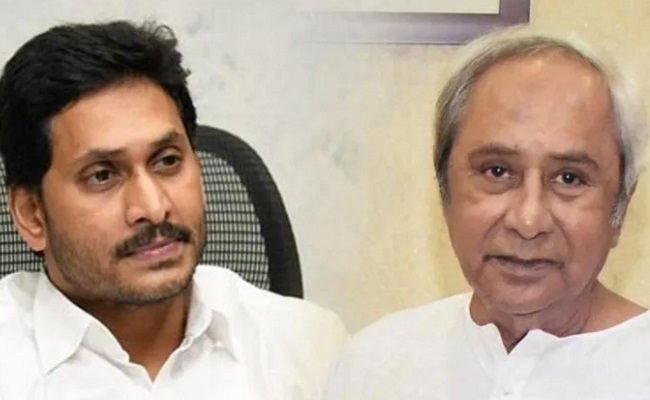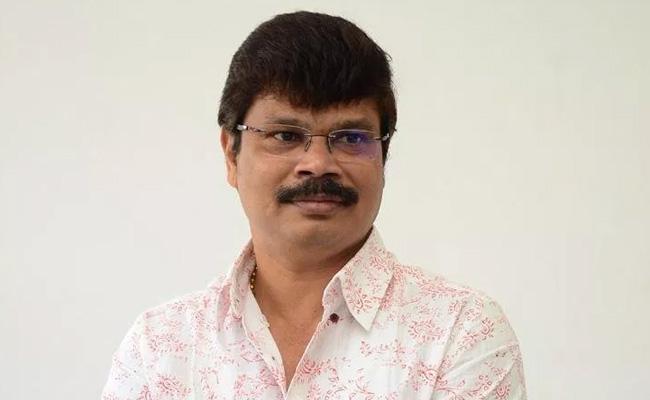
Delhi Chief Minister Arvind Kejriwal has urged opposition parties to block the bill in the Rajya Sabha that aims to replace the recently promulgated ordinance, which nullifies the Supreme Court's verdict granting the Delhi government control over the capital's bureaucracy.
However, the BJP leadership remains optimistic about passing the bill in the Upper House with the support of the YSR Congress and BJD.
Currently, the NDA holds 110 seats in the House and can gain a few more by filling the two vacancies of nominated members. Nevertheless, they would still fall eight seats short of the majority mark in the House, which has an effective strength of 238.
Despite this, the BJP hopes to bridge the gap with the backing of the YSR Congress and BJD, whose leaders, Andhra Pradesh Chief Minister Y. S. Jagan Mohan Reddy and Odisha Chief Minister Naveen Patnaik, have resisted calls to join the anti-BJP alliance.
The BJP expresses confidence in the passage of the Delhi services ordinance in both houses of Parliament due to its sufficient numbers.
"The ordinance was enacted in the interest of the people of Delhi, in accordance with the mandate of the Constitution," said Anil Baluni, BJP's chief spokesperson and Rajya Sabha MP.
"The NDA has the necessary numbers in both houses, and we expect other parties to support the passage of the bill," he added.
Voting on the bill will also require the Congress party, which has had a fluctuating relationship with the Aam Aadmi Party (AAP), to clarify its stance.
Naveen Patnaik, whom Bihar Chief Minister Nitish Kumar recently attempted to win over as the JD(U) leader, has been playing a crucial role in opposition unity efforts since exiting the NDA for the second time. He maintains a comfortable relationship with Prime Minister Narendra Modi.
However, the opposition is not giving up on Patnaik just yet, hoping that the BJP, now the primary challenger in Odisha, will make a strong effort to maximize its gains from the state in the upcoming Lok Sabha elections.
While Congress and AAP have experienced a shifting relationship in recent times, the divide that emerged a decade ago when Kejriwal and his associates contributed to the erosion of the UPA's credibility has not been bridged.
Consequently, while Congress President Mallikarjun Kharge called to express sympathy with Kejriwal after the arrest of AAP leader Manish Sisodia in an excise case, party leaders have often claimed to be the first to expose the "liquor scam" and have taken credit for the actions taken by the CBI and the ED against Kejriwal's associates.
Congress has also refrained from siding entirely with Kejriwal in his conflict with the central government, instead stating that AAP shares responsibility for the confrontation.
Interestingly, BSP chief Mayawati's position on the issue appears to be against AAP. The Dalit leader stated that after the BJP and Congress, it is now the AAP's turn to disappoint people who were relying on the party to provide stable governance.
Mayawati also questioned how "the repeated interference of the Supreme Court in the federal structure" could be beneficial for governance, particularly when two parties are fighting each other over corruption and government control.














